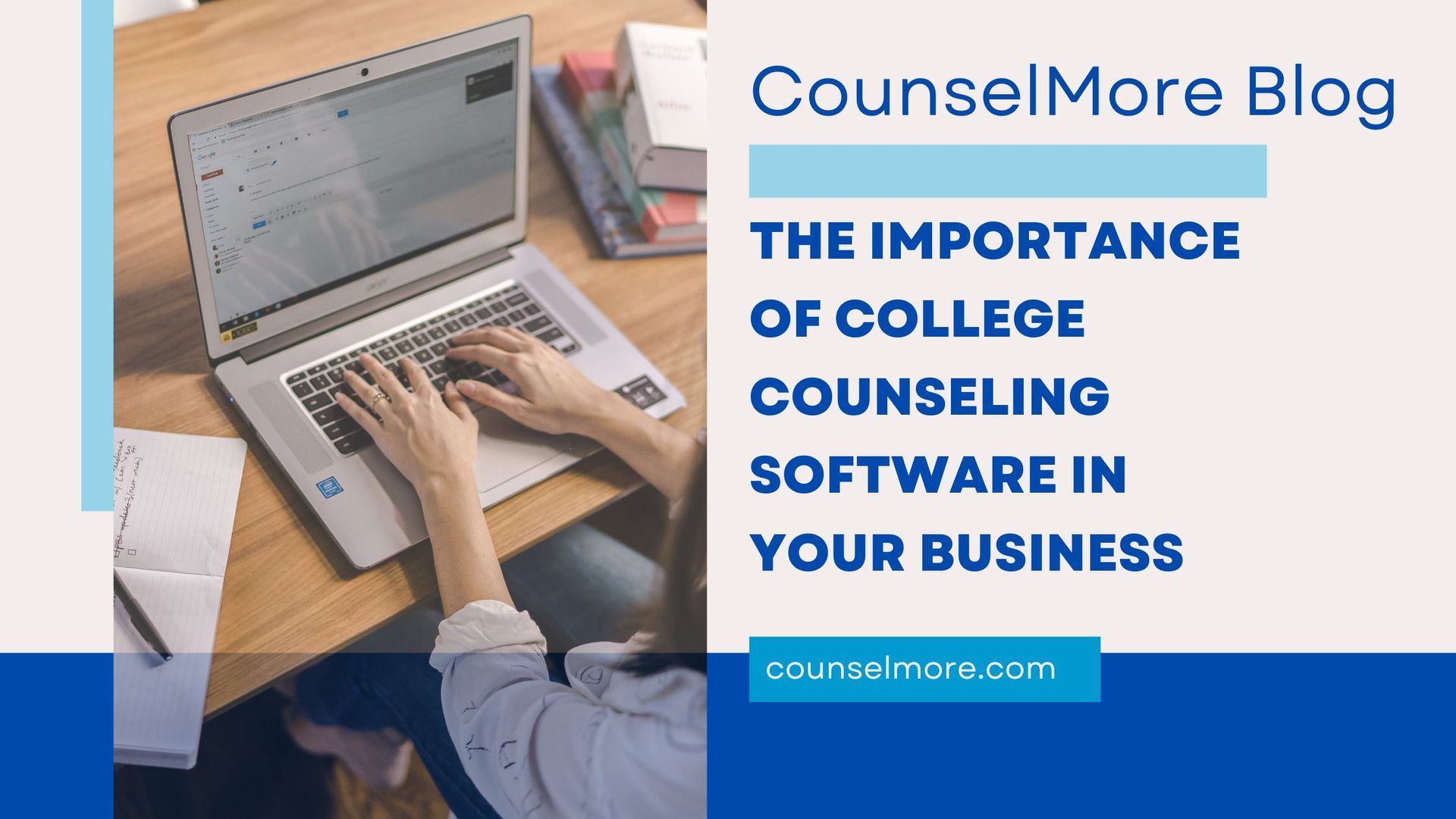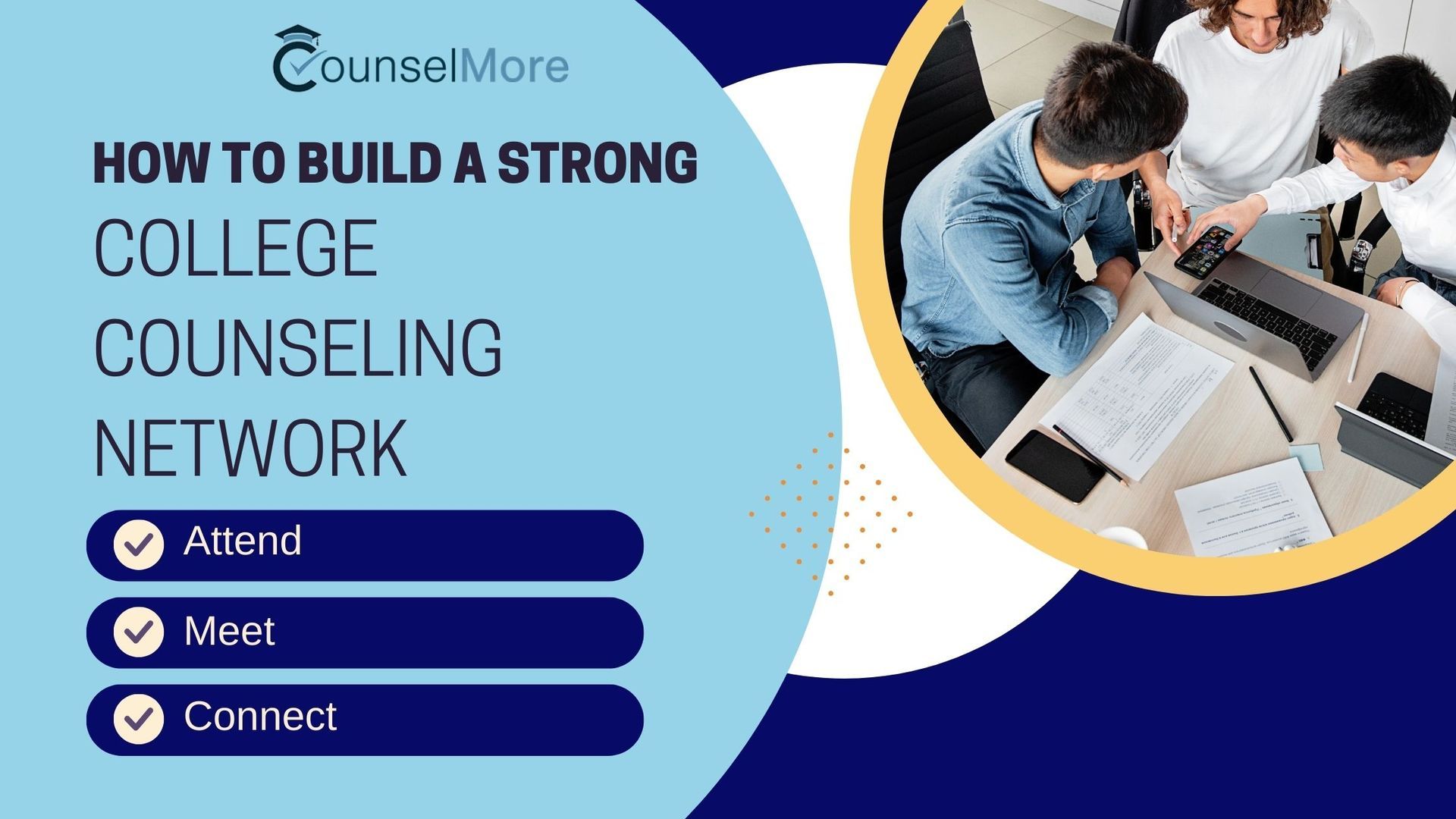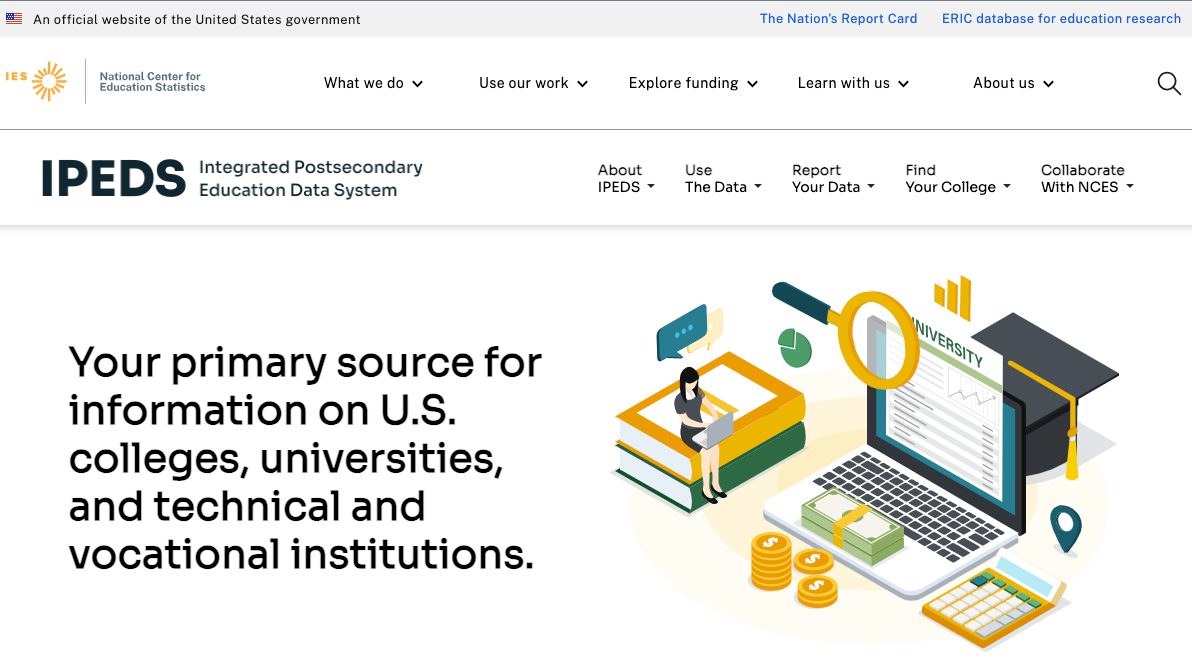This pandemic was not the only worst case scenario.
A balanced college list is more than an admissions algorithm. Counselors bring their life experiences to the table. Counselors know that life is unpredictable. This unpredictability is reason enough to have students build a well-rounded, balanced college list.
Many of my students have earned the opportunity to apply to ‘Reach’ schools. Their initial college list is filled with parents’ aspirations and expectations. Then it begins; parents dicker with me when I talk about the necessity of adding a safety school to the college list. My reason is clear, I say, “Because fate has a way of smacking us upside the head!” Parents also bring their own life experiences to the table and eventually acknowledge the uncertainties in life with a weary sigh of acknowledgement. It is the ‘Reach’ school that everyone around the table likes to imagine but it is the unimaginable that requires college counselors to prepare a balanced college list.
I’ve had 2 students who each suffered the tragedy of losing a parent just months before college Freshmen move-in day. One mother pleaded with her son to go on and continue his journey to the University of Chicago. On August 1st of that year, I sat with him while he made a choice that would carve an adult from the clay of a child before my eyes. He withdrew his candidacy from UChicago and enrolled in San Jose State University. He graduated SJSU at the top of his class, he has money for graduate school and was able to live at home Sophomore to Senior year. His stellar undergrad GPA has given him an excellent opportunity to choose graduate programs.
The other student in this scenario is a young woman who was accepted to her ‘Reach’ school days before her father passed from a rare, undiagnosed heart condition. She decided to accept the offer from her ‘Reach’ school. She explained that her father was so happy she was accepted there and even though the financial situation had suddenly changed, she still wanted to attend the prestigious school that cost $70,000 a year, and would take her 6 years to graduate.
Balanced college lists are not algorithms.
If they were, this job would be easier. Each year I build a college list that satisfies ‘safety’ schools first. Then I will begin adding ‘Fit’ schools to the college list. I define a ‘Fit’ school as a 50/50% chance of acceptance. Last, I look for schools where the student’s choice of study is the premiere program. After locating cutting edge research or following grant applications to the door of the large research university, I back track from the program to current student biographies, recent admitted class and admissions requirements. I work backwards with reach schools instead of by name brand because my experience has taught me that Yale and Harvard do not always have the premiere program in every category. Instead, ‘Reach’ should be defined by the program of study and where the student will feel the ‘reach’. This is also why I do not use a fourth category. Some call this a ‘Lottery’ school. I call it “open the window and throw your money out of it.” When a ‘Lottery’ school is on the list, I ask if it’s because of the program within the school or because of the brand name.
When a counselor applies a ‘Lottery’ school to a list because of the brand name, it begs the question; “Why apply?” When a counselor applies a ‘Lottery’ school to a list because the academic program within that school is highly competitive, it begs the question; “Where were you when I was learning to be a college counselor?”
Balancing a college list is because life is unpredictable.
Balancing a college list is not because some of the names are recognizable and others aren’t. Focusing on the academic programs as ‘Reach or Lottery’ instead of the school, keeps the goal centered and causes all preparation to focus on the academic program they are applying for and not the school-wrapper. An application squarely focused on the academics offered by the school, overlooking the school name or pedigree, can improve the application outcome, no matter which school says yes.
Link to video Building a balanced college list
Written by: Margaret Rothe, Career in higher education, Master of Higher Education, Student Affairs, owner of HigherGrounding, a college consulting firm; a founder of, CounselMore, College Counseling Software, a college search, list builder and professional college planning management tool.


















